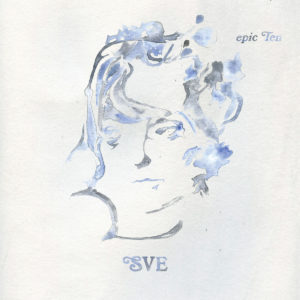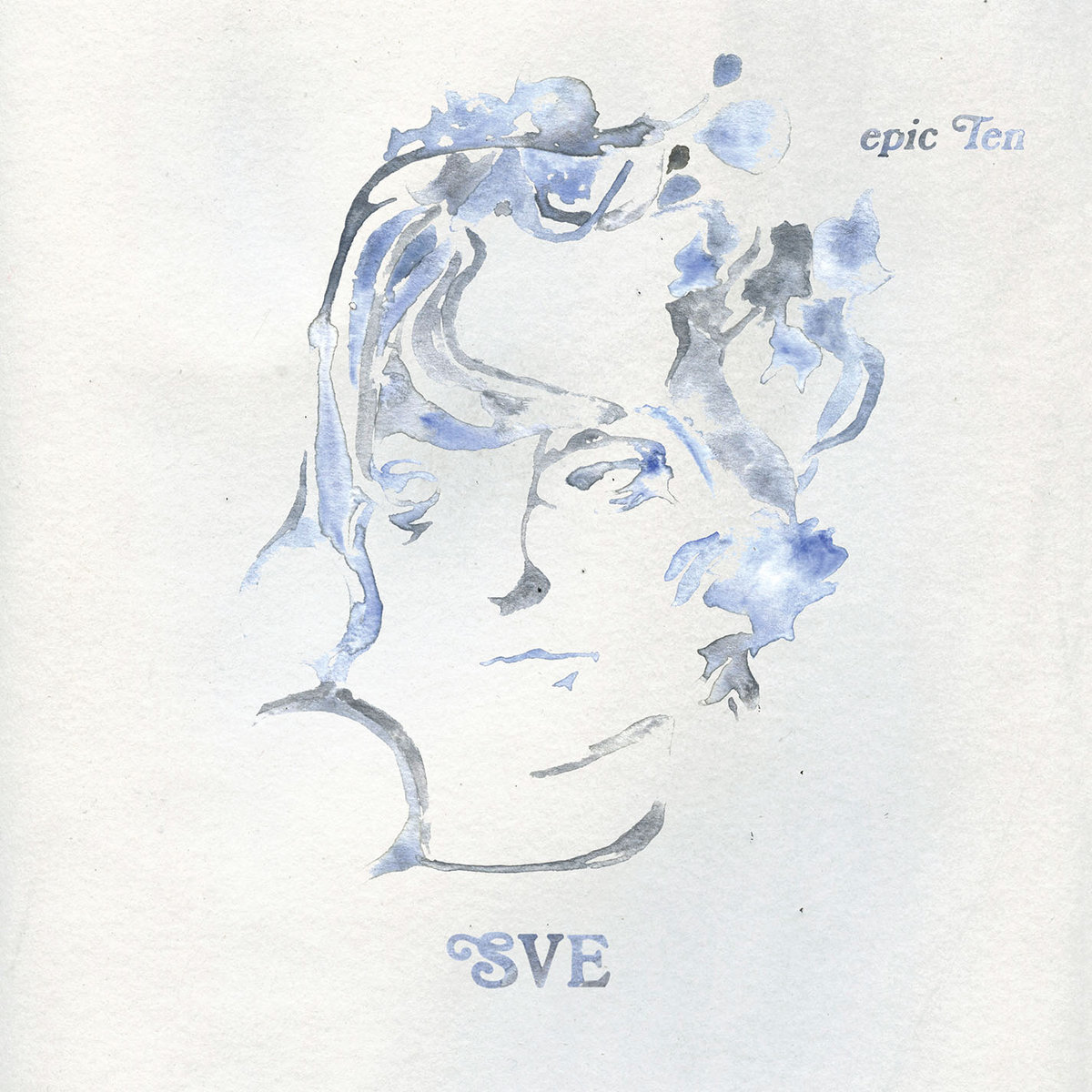 Sharon Van Etten
Sharon Van Etten
epic Ten
BA DA BING
9/10
When an artist represents both the nostalgic and the brand new, she has something that makes a home in memory. When she can imbue the numinous and demand immediate recognition, she is assuredly of some special stuff. The music of Sharon Van Etten offers this strangely familiar ethic and aesthetic. She is Patti Smith finishing a pint of Pilsner as the pool cue cracks in the back of the dive bar. She is the next star on the Hollywood Walk of Fame.
Van Etten’s newest release, epic Ten, is unlike any other. In one sense, it’s a reissue of her 2010 sophomore record, Epic. But it’s also much more. The reissue includes covers of each song from the original release from such heavyweights as IDLES, Lucinda Williams, Courtney Barnett, and Fiona Apple. In this way, epic Ten is two albums at once in a compact 14 tracks, ranging in creative impact from Van Etten’s ghostly harmonies to IDLES’ industrial wallop.
The record begins with the acoustic-propelled “A Crime.” The lyrics, saturated with anger and remorse, are also breathy, dreamy. But through the sonic lens of Aaron Dessner and Bon Iver’s Big Red Machine, the song is more electric, like a Radiohead song played through a spotty AM radio connection in a beautiful contrast. “Peace Signs” harkens to ’90s rock ‘n’ roll, part Smashing Pumpkins, part Melissa Etheridge. All the while the kick drum bangs. When IDLES take hold on the record’s flip side, that kick portends guttural screams, an explosion.
On “Save Yourself,” Van Etten sings over slide guitars. There’s a new eeriness to her voice now—she’s the last person in the Dust Bowl, and she has one last song to sing. Lucinda Williams understands this mood, she was once that person, too. And her rendition is elongated, patient, dark. By “Dsharpg,” Van Etten has become the breeze through cracked slats in the attic. She is the sound of one’s own personal church. Shamir laser focuses this vibe and offers a neon blue candle to pray to on his cover.
Mid-album track “Don’t Do It” is reflective. It’s a gritty electric guitar with an angel moaning in the distance. Van Etten is low-eyed, fed up at the heft while also acknowledging there are better days ahead. It’s bad, but not all bad. When sung by Courtney Barnett and Vagabon, the song is up front, close, in your ear. It’s as if Barnett doesn’t feel the song itself is enough at this point.
On the album’s penultimate track, “One Day,” Van Etten seems to be remembering the important days now in her rearview mirror. It’s a song she might sing in the tour van, the rest of the band strumming guitars, playing tambourines as the highway stretches past. St. Panther takes the song in the direction of bedroom pop, made with a laptop and the buzz from caffeine at three in the morning.
Final track “Love More” has a solid perspective—it’s the song of someone who’s accepted adulthood and the very personal ups and downs that inevitably come along with that. Friends leave, loved ones pass, but the strength to sing can still grow stronger. Though life is dangerous and dramatic, there is hope, if only borne from your own voice. Perhaps no one knows that better than Fiona Apple. For the one who told us to “fetch the bolt cutters,” fame has been painful. Growth out of that is the only medicine, escape.
In total, Van Etten’s reissue of epic Ten is a success. She’s achieved the relighting of her past release while doing so with a fresh torch. With hope, the album will burn long and in many hearts.









